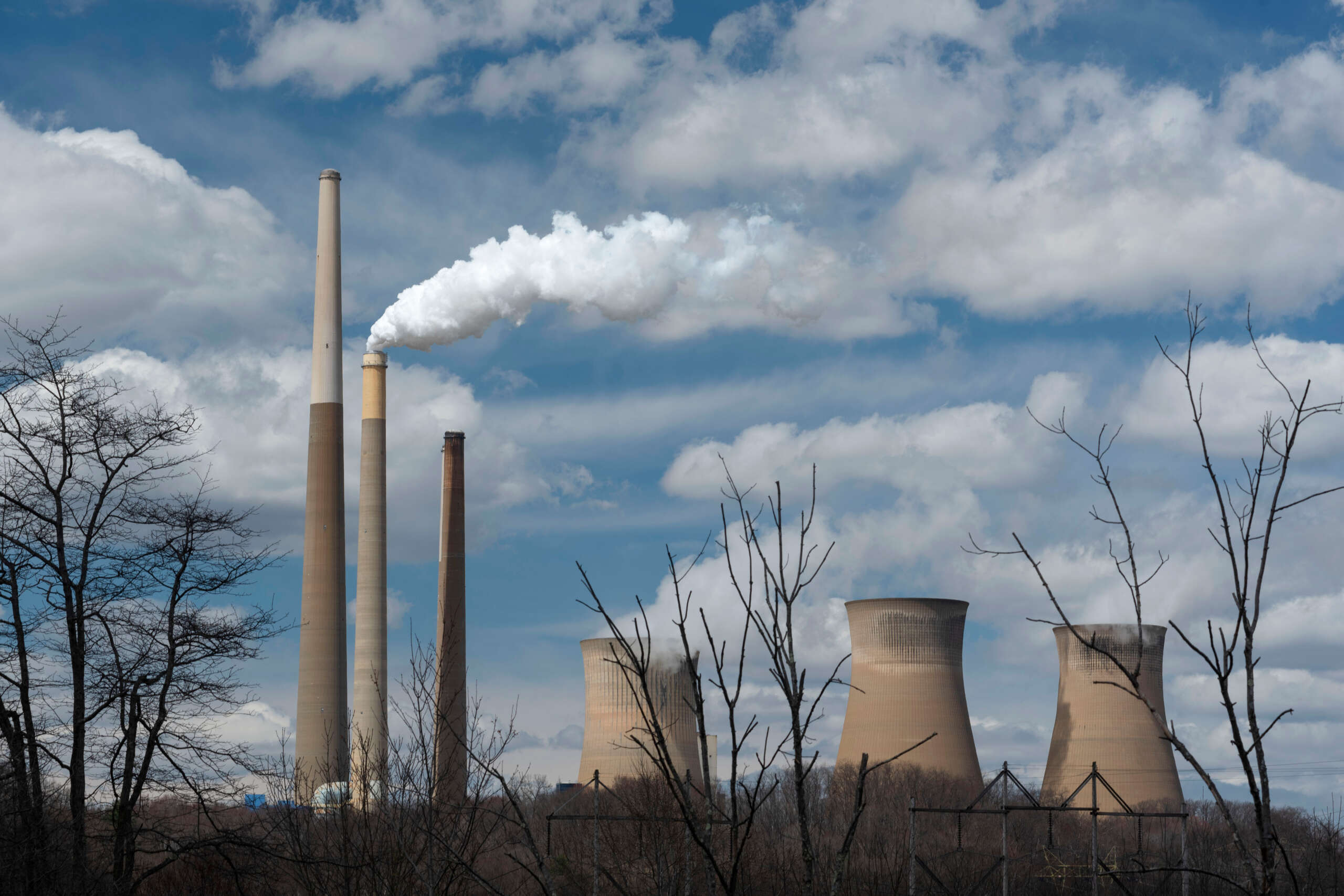US Consumuer Product Safety Commission on Gel Fuels, Firepots, Tiki Torches, & Similar Products
Serious, sometimes fatal, burns have occurred during use of various gel fuels used in fire pots, tiki torches, and similar items. GPW’s personal injury attorneys are investigating several such injuries and deaths.
This press statement on gel fuels and other illuminating fuels was released by the U.S. Consumer Product Safety Commission on June 14, 2011.
CPSC staff initiated an investigation last week into serious burn incidents apparently related to gel fuel used in firepots. While CPSC’s investigation is still open and active, consumers should be aware of the burn and poisoning hazards that can occur from using illuminating fuels in firepots, tiki torches, and other consumer products. CPSC staff recommends that consumers never refuel a hot product as this can create a serious situation of the fuel splattering and burning those nearby. Adding fuel to an open-flame is a potentially hazardous activity, with a risk of burns and uncontrolled fires. It is important to follow proper safety guidelines when refueling any open-flame device. CPSC staff recommends that consumers first look for flames, then cautiously feel the vicinity of the flame, as some flames are difficult to see. Only add fuel when the flames are extinguished and the container is cool to the touch. Never pour fuel over an open flame.
Consumers should keep the fuel out of the reach of young children and when not in use, store it away from children. Always securely replace the child resistant cap after use. Most illuminating fuels are sold in special child-resistant packaging because they generally consist of petroleum distillates, a specific class of hydrocarbon chemicals. This class of chemicals is particularly hazardous if ingested and aspirated into the lungs, where it can cause chemical pneumonia, pulmonary edema, or death. Illuminating fuels should never be transferred to other containers, as young children may mistake the new container with containers of common drink items.



